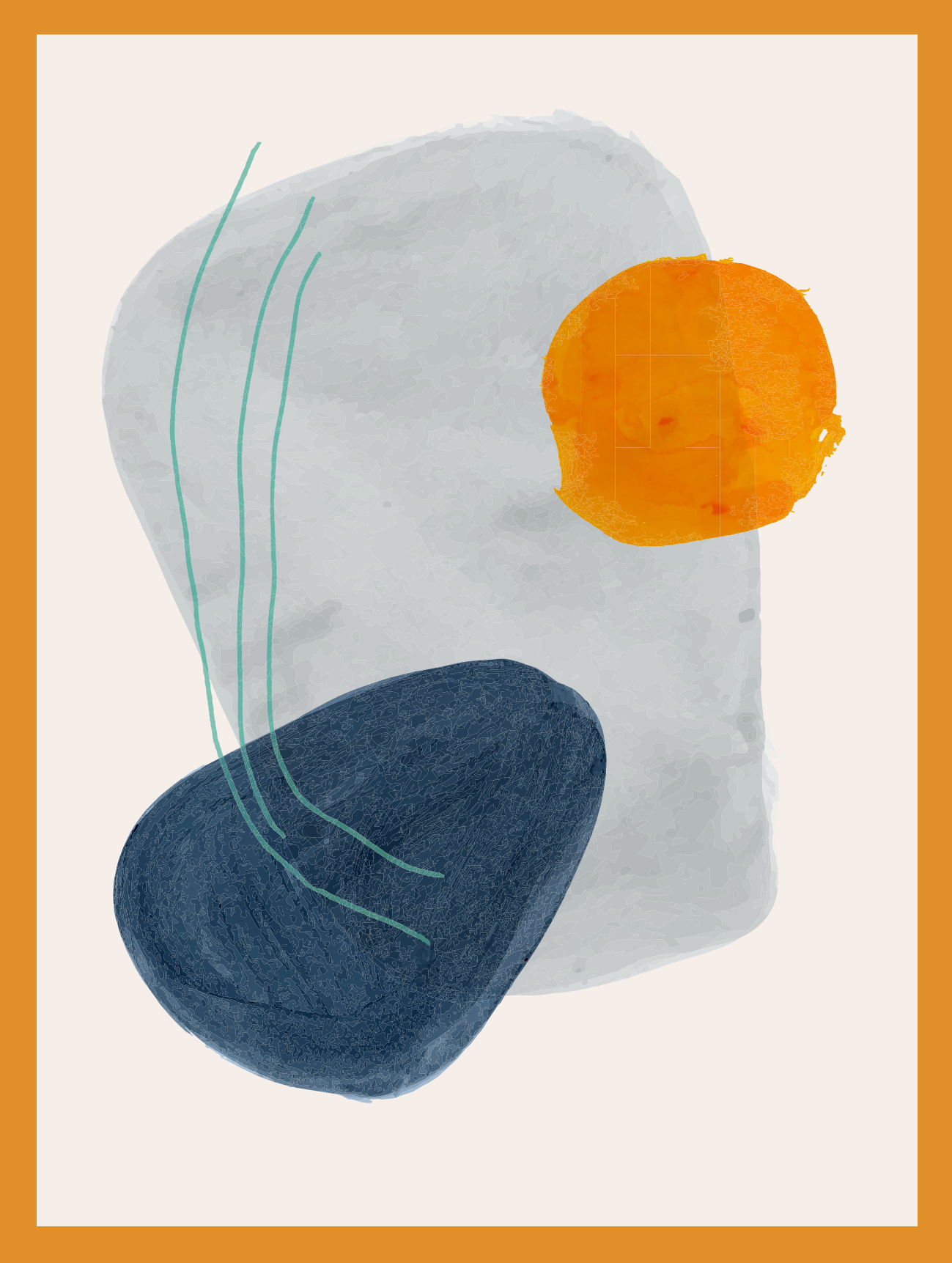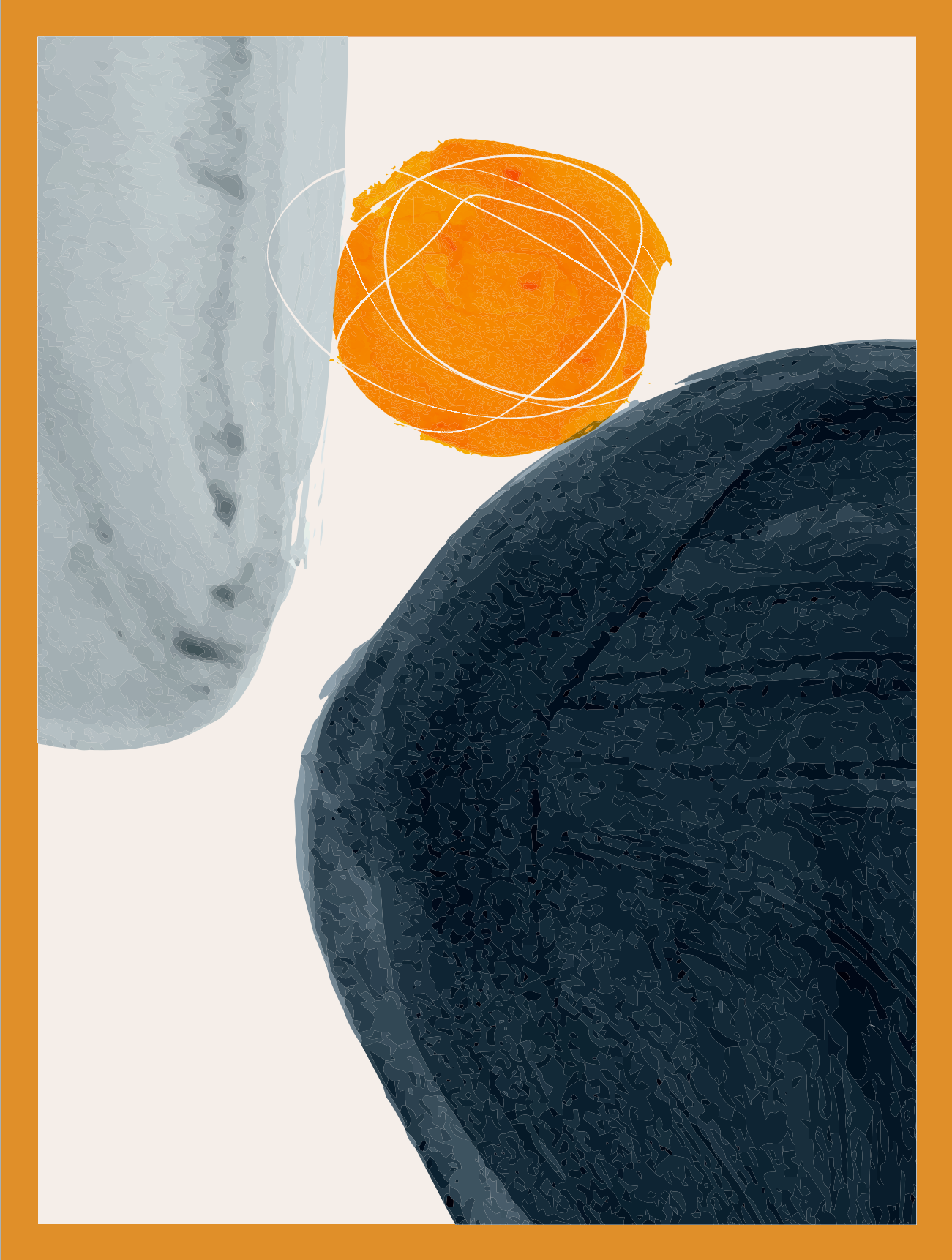April 7, 2020, 11:52 p.m.
Manipulating Group Elements
By Maurice Ticas
What is there to say when given a group and a few of its elements? With very little information, group behavior of elements can reveal simple relationships. We summarize some simple relationships when manipulatiing group elements.
Consider the group \(<G,\cdot>\) and let \(a_1,a_2,a_3 \in G\). We then have that
\[a_{1}^{3} = e \Rightarrow a_1 = (a_{1}^{-1})^2\]
\[a_{1}^{2}=e \Rightarrow a_{1}=(a_{1}^{-1})^3\]
\[\text{If }(a_{1})^{-1} = a_{2}^{3} \text{ for some } a_2 \in G \text{, then } a_1 = (a_2^{-1})^3\]
\[a_{1}^{2}a_{2}a_{1} = a_{2}^{-1} \Rightarrow a_2 = \left [ (a_{1}a_{2}a_{1})^{-1} \right]^{3} \]
\[a_{1}a_{2}a_{1} = a_{3} \Rightarrow a_{2}a_{3}=(a_{2}a_{1})^{2}\]
You can read and study the proofs. They just use the properties of a group. Arguments will not be more involved than a typical usage of induction.




There are 0 comments. No more comments are allowed.